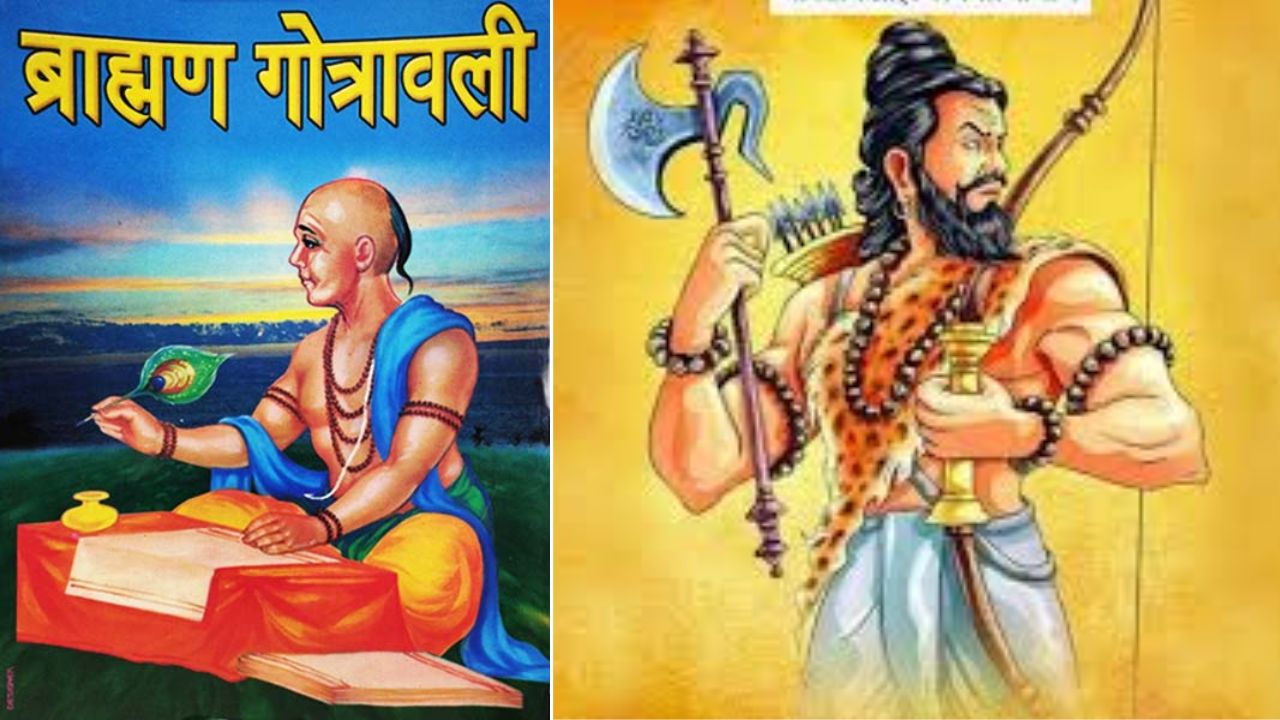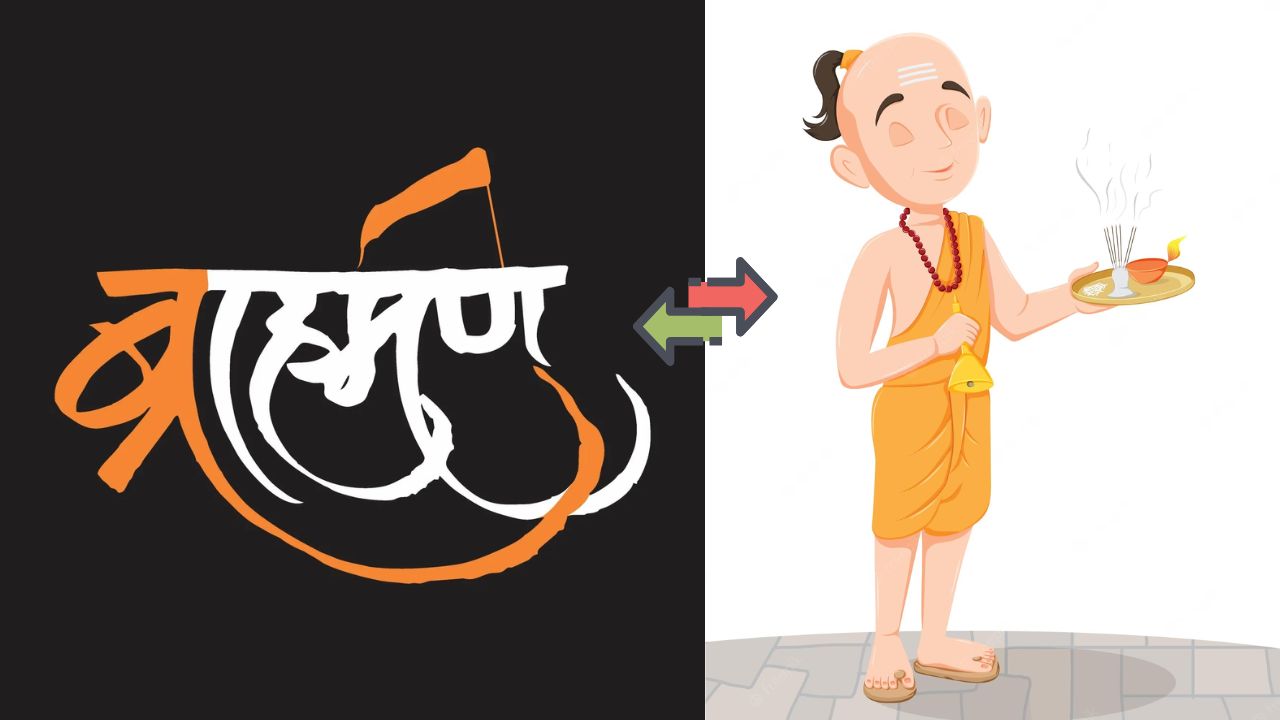What is the difference between Brahmin and Pandit, a detailed look
India, historically, has been a subject of discussion regarding Brahmins and Pandits. Some praise them, while others criticize. Whatever the reasons, many people are unaware of the distinction between these two. Often, they are incorrectly conflated as belonging to the same caste. This article aims to clarify whether Brahmin and Pandit are caste names, and if so, whether they are the same or different, or if either is even a caste at all.
Who is a Brahmin?
The term 'Brahmin' first emerged in ancient India when society was divided into four varnas (castes) based on occupation. "Brahmana jānāti saḥ brāhmaṇaḥ" – one who knows Brahman is a Brahmin. This implies that a Brahmin is someone who understands the cycle of birth and the reasons behind it, and who possesses a spirit of public welfare. Essentially, a Brahmin is one who has profound knowledge of the universe and a b sense of responsibility for the well-being of society.
The word 'Brahmin' originates from the concept of Brahman (God). Thus, a Brahmin is someone who worships Brahman and no other deity. While some may refer to a storyteller as a Brahmin, this is inaccurate. A storyteller is a storyteller, not a Brahmin. Similarly, a priest or ritualist is not a Brahmin, though some might confuse them. Similarly, a scholar of the Vedas, or a Pandit, is not a Brahmin simply by virtue of their knowledge. Even someone practicing astrology or astronomy is not a Brahmin. The true Brahmin is one who correctly utters and understands the meaning of the term "Brahman." This is a social category, not a caste. The division into varnas was based on occupation; the subsequent conflation with caste systems arose over time.

Who is a Pandit? Can anyone become a Pandit?
In ancient India, before the existence of formal universities, expertise was judged by performance in debates and discussions. Experts would select the most knowledgeable and capable individual, identifying them as a Pandit. Thus, a Pandit is someone who has attained mastery in a particular field of study.
The term "Pandit" derives from the Sanskrit word "pandit," meaning scholar or learned. Therefore, a Pandit can also be called a scholar or expert.
Pandit is a title, analogous to a doctorate. It was not restricted to religious scholars but was bestowed upon anyone demonstrating expertise in any field, from the arts to sciences, who could conduct research and make new discoveries. Even today, the title of Pandit holds greater weight in the arts than a Ph.D. For example, a master of martial arts might also be called a Pandit (Acharya).
Difference between Pandit and Brahmin
Someone proficient in a particular subject is often referred to as a Pandit. A Brahmin, however, is someone who worships Brahman. Pandits are learned scholars often involved in livelihood through Vedic knowledge, while Brahmins are deeply committed to the worship of God. The word "Pandit" comes from "pandit," meaning scholar; therefore, a Pandit is a scholar. A Brahmin, conversely, is considered a representation of God.










